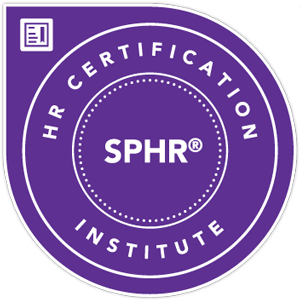 Job searches are rarely fun. The endless amount of job applications, interviews, and dashed hopes is discouraging for many of us. However, it doesn’t have to be that way. Albert Einstein is quoted as saying, “The definition of insanity is doing the same thing over and over again, but expecting different results.”
Job searches are rarely fun. The endless amount of job applications, interviews, and dashed hopes is discouraging for many of us. However, it doesn’t have to be that way. Albert Einstein is quoted as saying, “The definition of insanity is doing the same thing over and over again, but expecting different results.”
Is Einstein describing your job search? Here are several ways to find out and fix the issue.
You Apply and Only Hear Crickets
If you have been applying to countless jobs that you meet at least 80% of requirements AND have been using personalized resumes and cover letters, there may be an issue with your materials. Sometimes, job applicants apply for positions they are simply not qualified for. If you are qualified and never hear back (disregarding spelling/grammar errors, unfollowed instructions), then your materials are not cutting it for two reasons: lack of measurable results or lack of fixing the company’s pain problem.
To fix this issue, a resume review or refresh may be needed to address the concerns of recruiters and HR professionals. While you may have to put off job applications for a week, it is much better to know you have a chance instead of using the “spray and pray” method.
You Get to the First Interview . . . But Not the Second or Third
Are you getting calls for initial interviews only? You may be lacking in interview preparation and follow-through. While it is impossible to prepare for every single interview question, many websites offer guidelines and sample answers. You should also have a list of accomplishments from each position and any challenges ready to go for the interview. It is much easier to spend time on interview prep once you get used to it. Also, are you following up with a thank you note within 24 hours? This may not ultimately win the interview, but it may help you stand out and get closer and closer to the next round.
You Ace the Final Interview . . . But No Offer
Have you been following all the steps above yet never receive an offer? Maybe the issue is that your social media is not only searchable, but pulling up some posts that may cause employers to remove you from the running for a job offer.
This issue is the most frustrating since you were so close to receiving a job offer. If you are willing, it is a good idea to respond to that final rejection letter and ask for some feedback, even if they have no other positions available. It never hurts to learn valuable feedback so you can receive that next job offer.
Insight Solutions can help you every step of the way in fixing these issues and landing the job of your dreams!
– N.G.

 You are sitting in an interview and you are really feeling the vibe from the manager and from the company. You start thinking that this job is going to be offered to you. Then, the dreaded question comes up. What starting salary are you looking for?
You are sitting in an interview and you are really feeling the vibe from the manager and from the company. You start thinking that this job is going to be offered to you. Then, the dreaded question comes up. What starting salary are you looking for?



